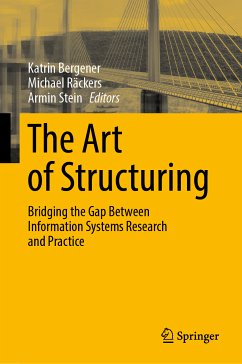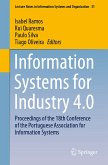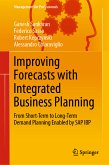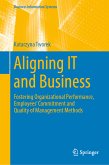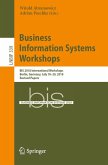Structuring, or, as it is referred to in the title of this book, the art of structuring, is one of the core elements in the discipline of Information Systems. While the world is becoming increasingly complex, and a growing number of disciplines are evolving to help make it a better place, structure is what is needed in order to understand and combine the various perspectives and approaches involved. Structure is the essential component that allows us to bridge the gaps between these different worlds, and offers a medium for communication and exchange.
The contributions in this book build these bridges, which are vital in order to communicate between different worlds of thought and methodology - be it between Information Systems (IS) research and practice, or between IS research and other research disciplines. They describe how structuring can be and should be done so as to foster communication and collaboration. The topics covered reflect various layers of structure that can serve as bridges: models, processes, data, organizations, and technologies. In turn, these aspects are complemented by visionary outlooks on how structure influences the field.
Dieser Download kann aus rechtlichen Gründen nur mit Rechnungsadresse in A, B, BG, CY, CZ, D, DK, EW, E, FIN, F, GR, HR, H, IRL, I, LT, L, LR, M, NL, PL, P, R, S, SLO, SK ausgeliefert werden.

